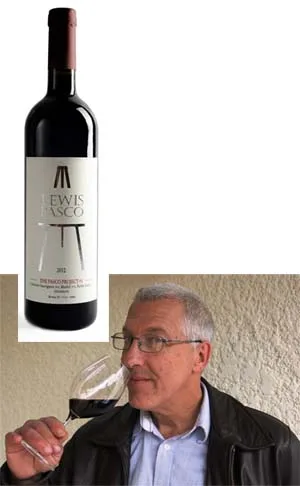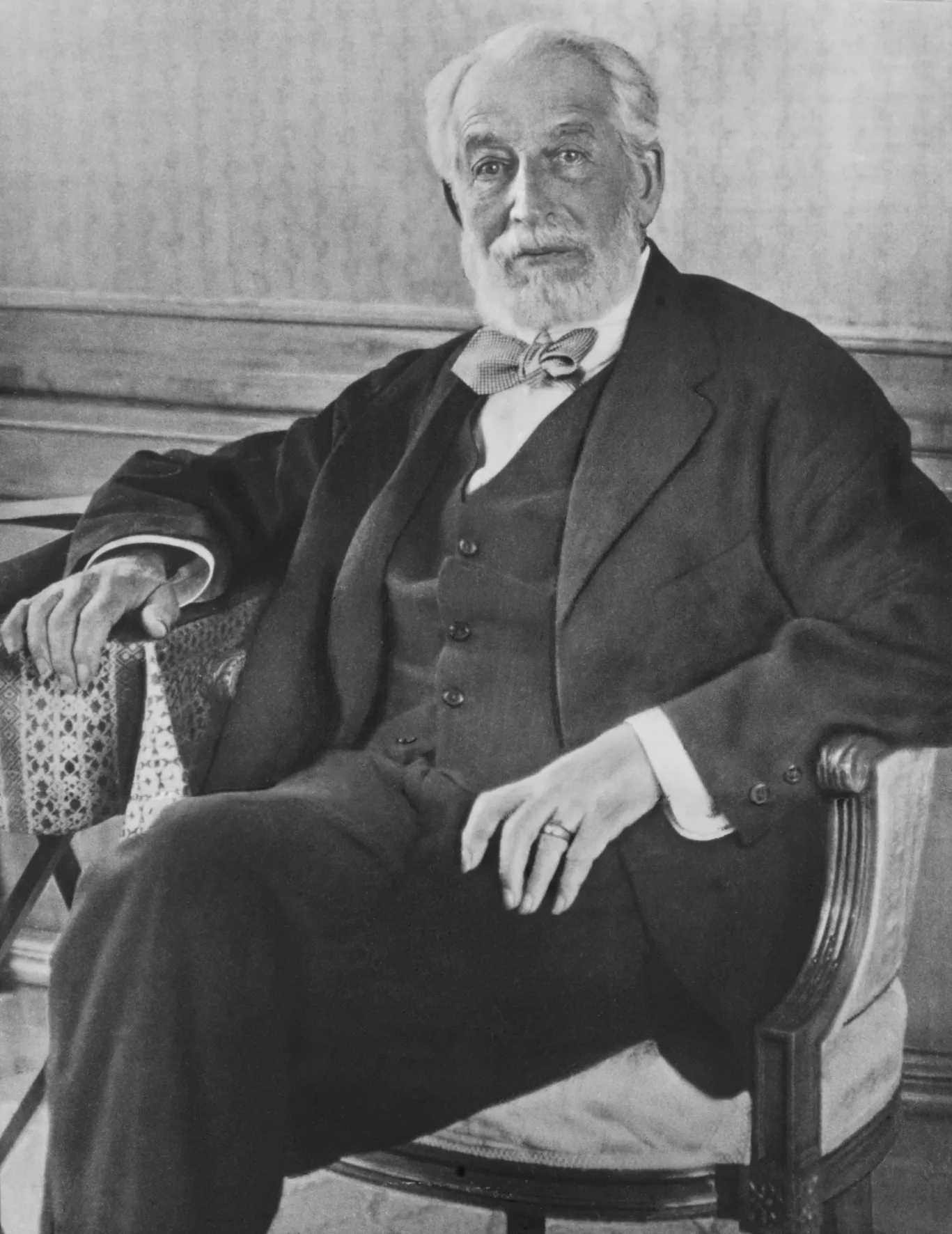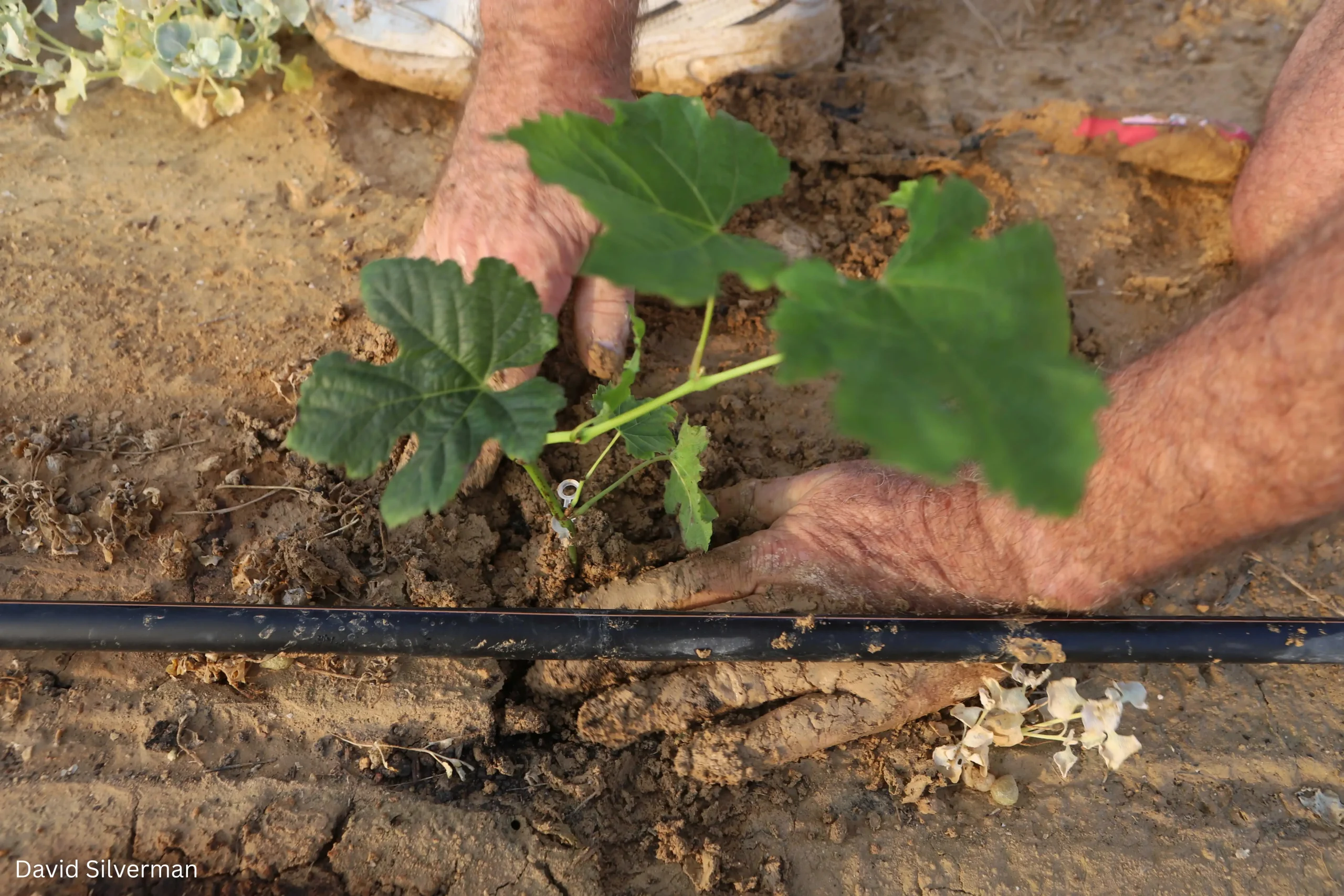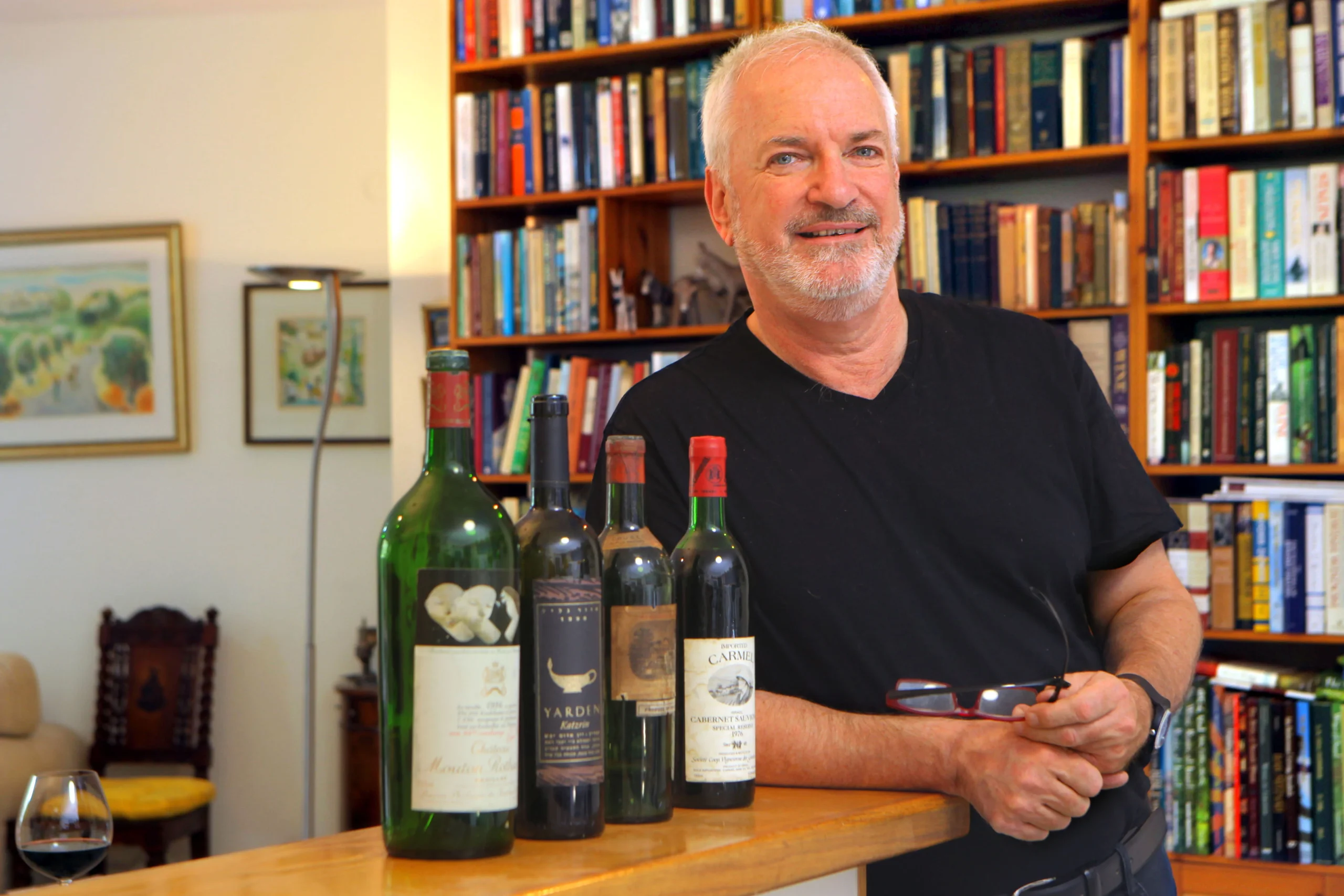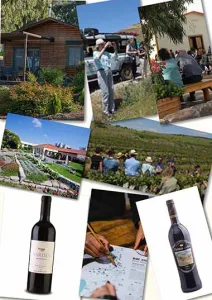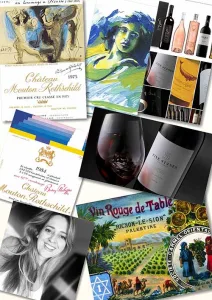I first met Lewis Pasco seventeen years ago. He was new in Israel, quite raw, talking non-stop in that very fast way of his. He gave an impression of being super confident, and full of himself. He certainly talked a good wine and knew how to put forward all his qualities. However, we were to learn, even though he was not a shrinking violet, that Lewis Pasco really could make great wine.
He arrived here after studying viticulture and oenology at UC Davis, with experience as a head chef and work experience at some pretty good Californian wineries under his belt. He became the winemaker for Tishbi, a veteran family of wine growers. I knew him, because in those days I worked for the Golan Heights Winery and for a few years they had a distribution agreement with Tishbi. I used therefore to be at Tishbi Winery quite a lot, bringing overseas customers or wine journalists to visit. They met this winemaker who was not slow to quote his background and achievements. One food writer from England said to him after talking to him for five minutes: “Young man, for someone who has been so little time in Israel, you have become very Israeli.”
However Pasco went from those beginnings to better things. The raw talent began to be fulfilled. He was head hunted by a new winery which was codenamed Jasmin Winery. We in the trade were all waiting anxiously to know what this was. When it was founded in 2000, Lewis Pasco became the winemaker of what we now know as Recanati Winery.
There he put his medals where his mouth was, because Recanati began winning gold medals all over the place, including some very prestigious competitions abroad. Suddenly he started to make wines that even his peers thought were good. He was most proud of the Vinexpo Gold medals when the winery also received the prize for ‘Best of Country’ on three separate occasions.
He found a wife here, and they had two beautiful children, and then he disappeared as suddenly as he had come, back to the Golden State of California.
I met him again on his return to Israel and found a calmer person, more modest and more at peace with himself. He was in fact charming, more reflective, and also generous in praise to others.
He has always been a fascinating person to meet and talk to. Warm and friendly, he is very generous with sharing his knowledge. He oozes with the passion that singles out the wine lover from the wine drinker.
I now realize I misjudged him before. He is simply an artist with an emotional artist’s temperament. When he describes his latest wine or the dish he cooked last Shabbat with all the intimate details, the reason is not arrogance. It is just a generosity of spirit that means he has to share his feelings, including decisions and reasons. He is overflowing with enthusiasm. One feels if he could not share & communicate, he would burst.
Two things brought him back, Beit El Winery and the Pasco Project. He returned to what politicians call Judea & Samaria or the West Bank, depending where they sit. I prefer to call the region from a wine point of view, the Central Mountains. These run from, again from a wine point of you, from Har Bracha down to the Hebron Hills. The country’s official wine regions are divided horizontally, which makes them confusing and meaningless, when in fact the country’s topography is vertical. There is a coastal plain, rolling hills…and then the Central Mountains, which fall away to the Jordan Valley. So it is Central Mountains for me! It does not make sense to split them in to two regions.
I was curious why he chose to come to this region for his return.
He made quite clear this was a winemaking decision rather than a political wine. He says it is simply a fantastic region for growing wine. “From my extensive experience in Israel, I knew the Central Mountains possesses ideal red soils, terra rossa on a limestone basis, along with the topography, altitude and microclimate tailor made for production of outstanding red wines.”
He went on to say he was surprised to the extent to which the area had been planted with wine grapes whilst he was away, and the dedication to quality of the wineries.
One of these growers was Hillel Manne. When he moved to Beit-El, he was already experienced in agriculture and viticulture. His analysis of the area immediately helped him see the potential. It excited him that this was the very place where Jacob wrestled with the angel, but also that there was evidence there of thousands of years of winemaking. The connection with Lewis Pasco filled the gap in his dream. He could satisfy his instinct not only to make good wine, but the best wine possible with the help of a proven internationally trained winemaker. Beith-El Winery’s has just released a Carignan which was their first wine together. Pasco believes it is the best Carignan in the country.
This is always a variety that interests me because it spans the modern history of wine in Israel. Cuttings were first brought here by the Mikveh Israel Agricultural School in the 1870’s. The first plantings of Carignan were in Rishon Le Zion and Zichron Ya’acov in 1882 and 1883.
In addition to making the wine at Beth-El, Pasco also became the consultant winemaker to Mount Hevron Winery, which is the largest winery in the Central Mountains.
However it is the Pasco Project that really gets the Pasco enthusiasm bubbling over. He has chosen a catchy label with the name Lewis Pasco written on big letters on an artist’s easel. The first wine, Pasco Project No.1, has been released made from Cabernet Sauvignon from Shilo, Merlot from Har Bracha and Petite Sirah from Givat Yeshayahu in the Judean Hills. Interestingly, and this is where we benefit from the Pasco full disclosure of all the details and thought processes, he originally wanted to make two different wines, Cabernet Sauvignon and Merlot. Through tinkering as winemakers do, he found blending them together with a small amount of Petite Sirah vastly improved the wine. This was an instance in which the final blend was better quality than the individual components. He is very pleased with the results. We eagerly await further developments as his project develops.
Whilst talking to him, it was interesting to hear his views on grape varieties. He thinks Cabernet Sauvignon and Merlot are still the best basis for the finest Israeli wines. However he loves Israeli Cabernet Franc, believing that the ripeness achieved in Israel offsets the wine being too green and herbaceous. He is also a great fan of Petite Sirah, which he believes it is the most suited of the older Israeli varieties to the climate. He believes in aromatic whites in Israel and would love to try the revived Greek variety Malagousia here.
And, what of his peers He greatly respects the wines of Psagot, Gvaot and Shilo. He has seen a big improvement in Israeli whites since he has been away, complimenting the new Gamla Sauvignon Blanc and Shilo Chardonnay. For favorite reds he picks out the Shilo Legend Shiraz Cabernet, the Yarden El Rom Cabernet Sauvignon and Yatir Forest. He admires winemakers like Victor Schoenfeld of the Golan Heights Winery, Eran Goldwasser of Yatir Winery and Eyal Rotem from Clos de Gat.
Certainly Israeli wine is more colorful and professional for Lewis Pasco’s return. Do the wines match up to the Pasco punch You will have to taste them & see for yourselves!
Adam Montefiore works for Carmel Winery in Israel. He regularly writes about wine for Israeli & international publications.


